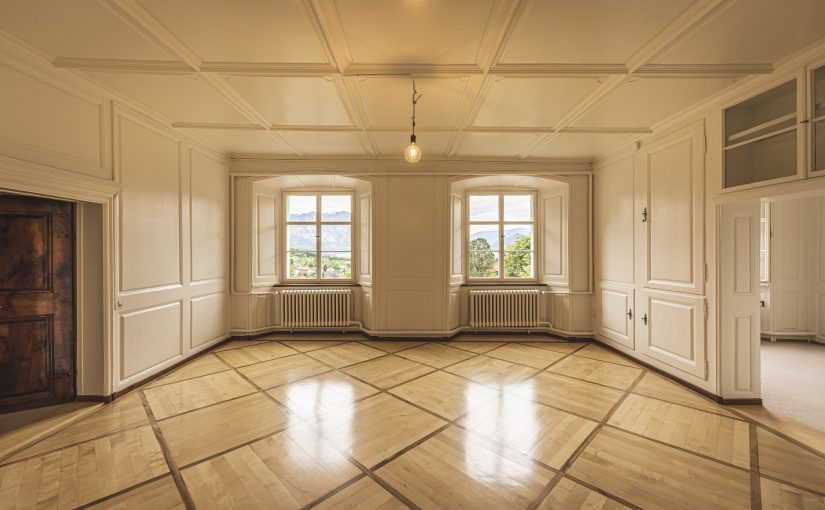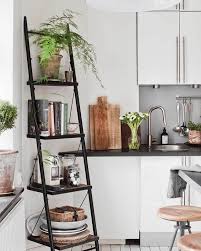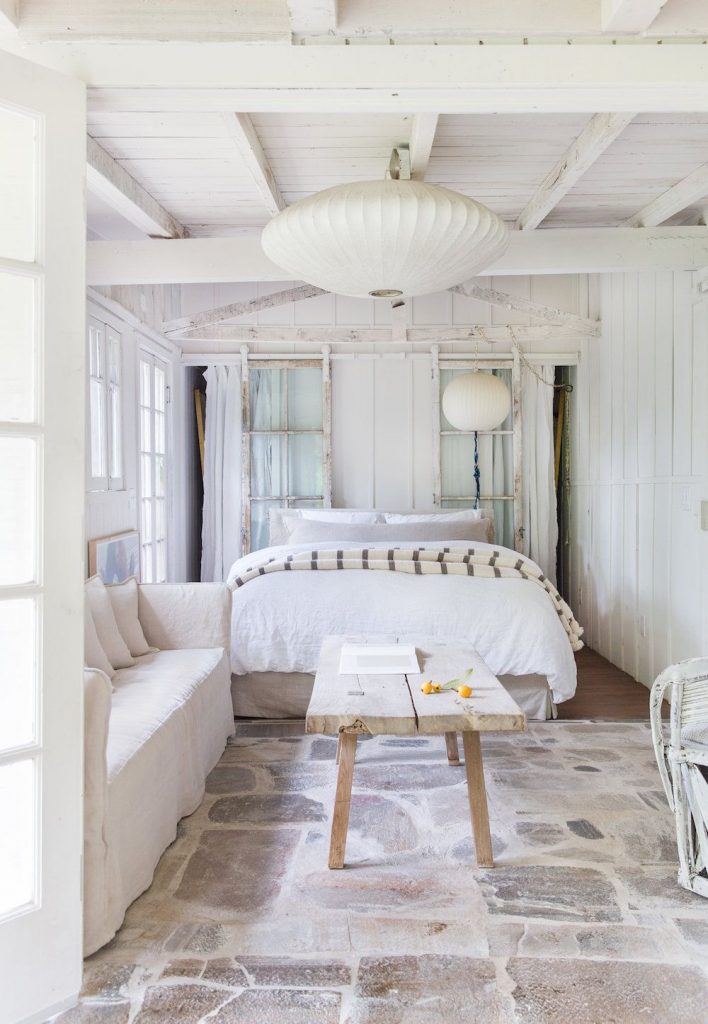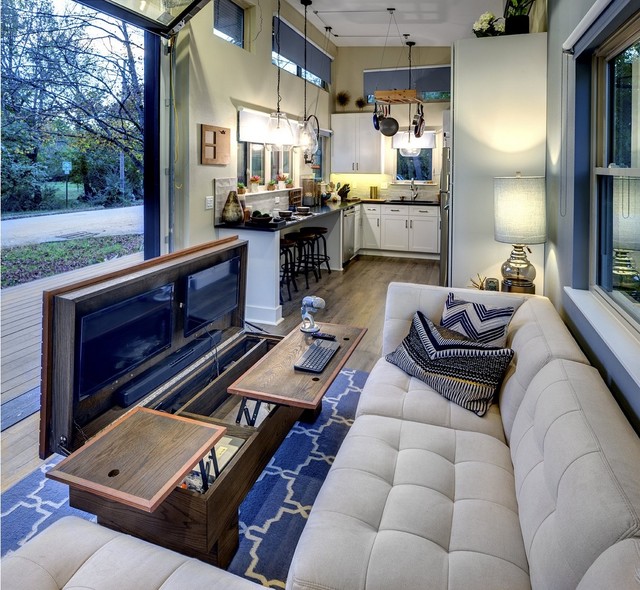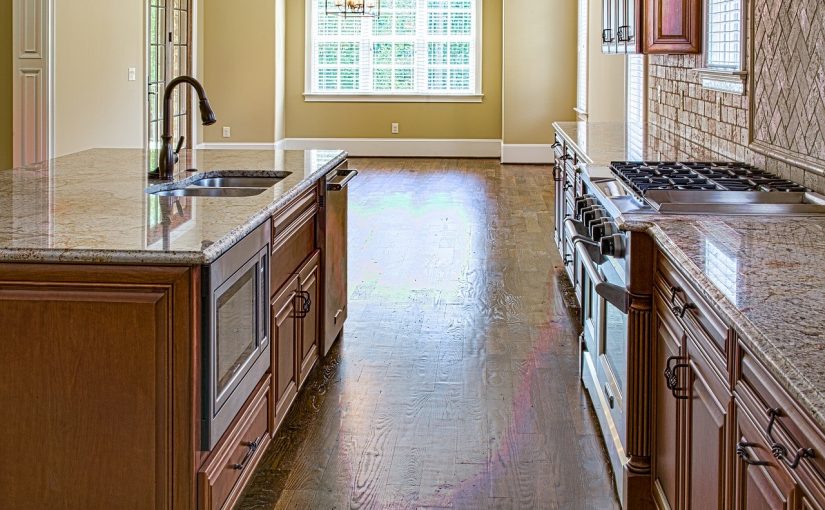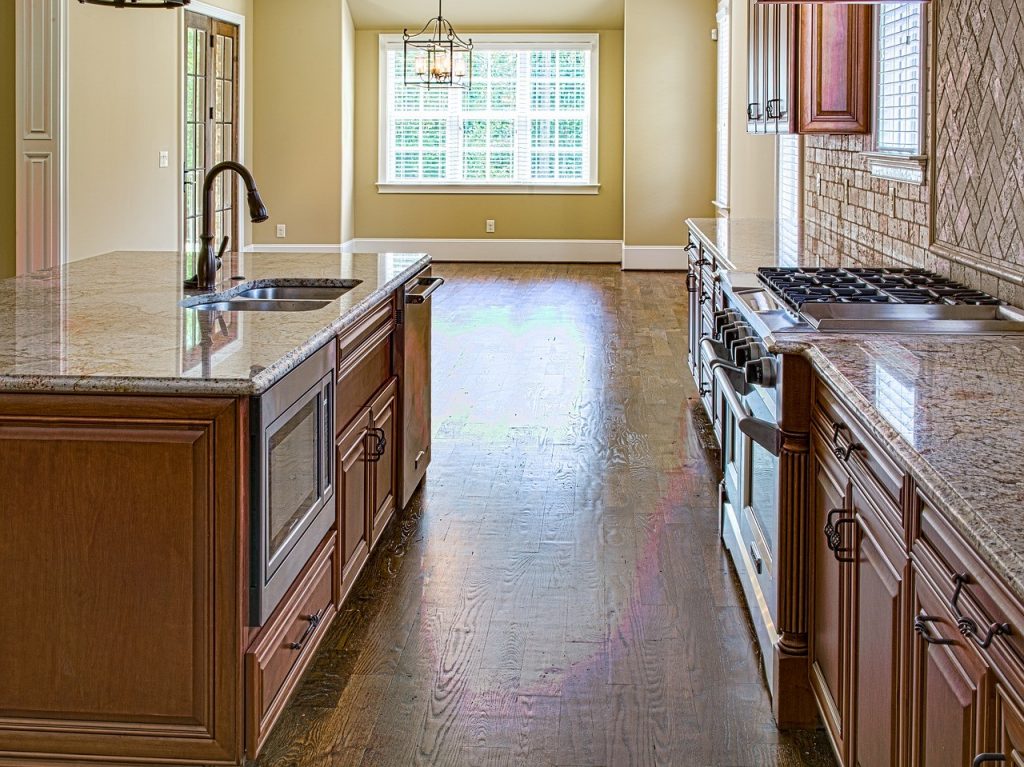It’s not a secret
that real estate can yield bigger profits than most businesses, but did you
know that you can earn in this market even if you don’t sell a house?
If you have ever
experienced having a landlord, there’s a good chance that you have observed how
challenging it is for them to field calls from tenants all day about
overflowing toilets or giant bugs. But while it may not seem like the most
glamorous job, being a real estate
investor can be quite lucrative.
Aside from renting
out a place, there are plenty of ways that you can get a significant return on
investment in real estate. The only problem is that not all investors
understand how they can do so, or even know which investments can get them a
significant ROI.
If you’re new to the trade, this article is for you. Read on to learn the four best ways to profit by investing
in real estate.
1.
Buy a rental property
This is probably
the most straightforward method of becoming a real estate investor. ‘Investment
property’ refers to any commercial or
residential property to be rented out to tenants without any additional
fixing or flipping.
When you own a
rental property, you don’t just get what you paid for, but you also build
wealth-generating income. Add to that equity appreciation and the leverage you
have with real estate, and you have yourself a solid investment.
Still, it is worth
noting that owning a piece of rental property may not be for everyone. When
looking for houses or apartments
for sale, you have to make sure that you
consider your interests, lifestyle, and the potential drawbacks, including:
●
Time commitment
Owning a property
and renting it out to tenants requires
time, even with the help of a property management agency. Make sure that
you can accommodate this in your schedule. Otherwise, it would be best to try
something else.
●
Cost barriers
Another major
concern most investors have about a rental property is the cost of buying one. If you’re taking out a loan for it, many
lenders require a minimum of 25 percent down payment for an investment property
loan. Thus, it would be better to consider undertaking this type of real estate
venture if you have reserves worth several months’ expenses.
●
Uncertainty of yield
Although many
rental properties provide a continuous source of income for many (especially if
you pick an apartment in a highly desirable location, like a Business Bay property in Dubai, for example), it isn’t a 100% done deal. Vacancies can
happen, and things may break. Although there is great potential in this sort of
investment overall, there are considerable short-term
risks.
2.
Invest in real estate
investment trusts (REITs)
Real estate
investment trusts or REITs allow investors to put in their money and let it
grow without actual, physical real estate.
Although usually compared to mutual funds, REITs
are actual commercial real estate properties like retail spaces, office
buildings, apartments, and hotels that yield income through leasing. The
revenue gathered through these properties is divided amongst the REIT holders –
also called ‘trustees’ – in the form of a dividend, which they can
automatically reinvest to allow it to grow further.
But while REITs are
an excellent way to invest in real estate for people without the time to handle
rental properties, they can also be complex
and varied. Some of these are traded on an exchange the same way stocks
are, but others aren’t publicly traded. This means that the kind of REIT you
invest in is a huge factor in how big a risk you’re taking when engaging in
this form of real estate investment.
3.
Purchase a vacation rental
Vacation rentals
are quite different from the rental property mentioned previously. While the
latter involves having long-term tenants, vacation rentals are only occupied by
tenants on occasion.
One of the perks of
having this type of investment property is that you can use it as your second home when it is vacant. It would also be easier to finance vacation rentals
compared to long-term rental properties, particularly if your lender considers
it your second home as it means you don’t need to use the rental income to
qualify for the loan.
Moreover, these
properties usually bring in higher
rental income per day compared to long-term rentals.
But, like other
investment options, vacation rentals also have some disadvantages.
For one, marketing
and managing this type of rental property requires
more involvement on your part compared to those leased out long term.
Because of this, the cost of property
management is a bit higher, with many property managers expecting to get
paid 25% of the total rent. This is more than twice the 10% standard for
long-term rentals.
4.
Fix and flip real estate
If you’re a fan of
real estate TV shows, then you’re probably familiar with the term ‘fix and
flip’ or the act of ‘flipping houses’. Fixing and flipping a property means
that you buy a home for the sole purpose of refurbishing it and selling it
quickly for a profit.
This particular
investment option can be quite a lucrative option in real estate, especially if
everything proceeds as planned. After all, what better way to earn some cash
than by buying an underpriced home,
showing it little love through inexpensive renovation, and reselling it for a
higher price?
However, this
strategy is a little bit harder to accomplish in reality compared to how they
present it on TV. First, it comes with a higher risk as the maths behind
flipping properties means you have to be very accurate in your estimated cost
of repairs. That alone is a challenge in itself.
Plus, flipping homes is a job that requires not only your attention but a lot of time as
well. This means that if you’re a passive investor, you should consider another
investment option.
Remember that
fix-and-flip investments can be quite daunting, even for the most experienced
professionals. In fact, even the people you see doing this on TV require a team
of four people or more, with varying
expertise in real estate marketing, civil engineering, interior design, and
others.
There are also some
rules you must know about before deciding to jump into the fix-and-flip
bandwagon:
- You make money when you buy, not when you sell.
Stick to the 70 percent rule; the
acquisition, repair, and holding costs shouldn’t exceed 70 percent of the
amount you expect to sell it for.
- Time
is equivalent to money in this
trade. Dragging your feet during repairs and selling can destroy your profit
margins.
Invest wisely in
property
Property investment
has a high potential of helping you build your wealth. When done right, you can
even make it your main source of income.
Still, it would be best not to put all your eggs in one basket. Invest wisely by choosing the right kind of real estate investment among those listed in this article.
Author: Damac Properties



